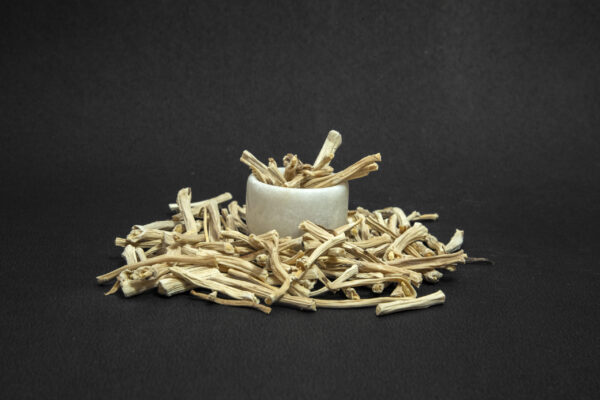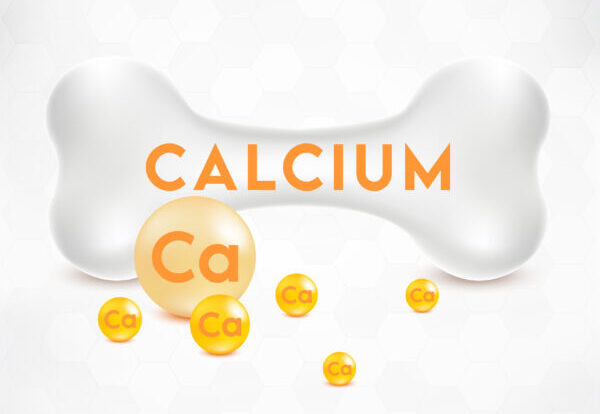Sex, Nutrition & Arthritis: Hard Truths

Arthritis affects millions of people worldwide, altering their quality of life and daily activities. When we consider the key elements of ‘Sex, Nutrition & Arthritis’, we find a fascinating intersection of these aspects that greatly influence our overall health.
Sex, Nutrition & Arthritis’ offers a crucial insight into how these three dimensions intersect. For starters, arthritis doesn’t impact individuals of all genders in the same way. Women are generally more susceptible, with a prevalence of 23.9% compared to 18.6% in men. Moreover, nutrition plays a critical role in managing arthritis symptoms and promoting overall health.
As of 2021, around 350 million people worldwide suffer from arthritis, with India’s prevalence estimated at 15% of the total population. These are not just numbers but real people grappling with the daily challenges of living with arthritis. The story of ‘Sex, Nutrition & Arthritis’ is not just about the disease but also about the lives intertwined with it.
The relationship between ‘Sex, Nutrition & Arthritis’ is indeed significant. Some studies indicate that hormones, specifically estrogens, may play a role in higher incidences of rheumatoid arthritis in women. On the nutrition front, certain diets, particularly those rich in antioxidants, omega-3 fatty acids, and low in processed foods, have been associated with improved arthritis symptoms.
‘Sex, Nutrition & Arthritis’, therefore, symbolizes a broader perspective on health – one that views the individual as a whole rather than focusing solely on the disease. An integrated approach that factors in the influence of sex, the power of nutrition, and the challenges of arthritis can empower individuals to manage their condition better.
Here are 10 myths and facts related to “Sex, Nutrition & Arthritis”🌞:
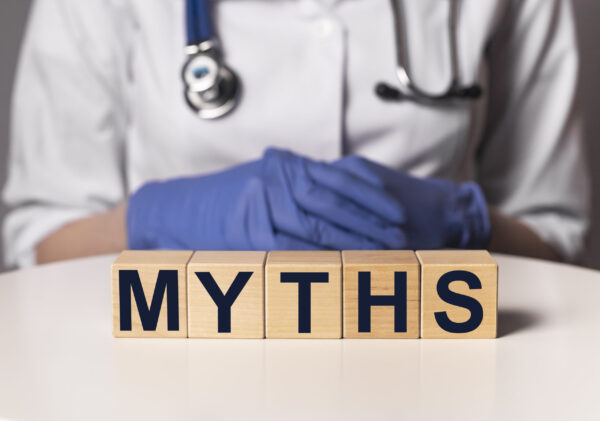
Myth 1: Arthritis only affects people aged >50 years.
Fact: Arthritis can affect people of all ages, including children. It’s not just an “old person’s disease”.
Myth 2: If you have arthritis, you should avoid exercise.
Fact: Regular, moderate exercise can actually help to reduce arthritis symptoms by strengthening muscles around the joints and improving flexibility.
Myth 3: Certain foods can cure arthritis.
Fact: While there’s no specific “arthritis diet,” eating a balanced diet with plenty of fruits, vegetables, lean proteins, and whole grains can help manage symptoms and maintain overall health.
Myth 4: People of all body types can develop arthritis.
Fact: Anyone can get arthritis, regardless of their weight. However, obesity can increase the risk of developing certain types of arthritis and can make symptoms worse.
Myth 5: Arthritis is a minor inconvenience.
Fact: Arthritis can be a debilitating condition, significantly impacting quality of life. However, with proper management, many people with arthritis live full, active lives.
Myth 6: Sex can worsen arthritis pain.
Fact : With the right positions and communication, sex can actually help to relieve arthritis pain by releasing endorphins, the body’s natural painkillers.
Myth 7: All arthritis is the same.
Fact: There are over 100 types of arthritis, each with its own causes, symptoms, and treatments.
Myth 8: There’s nothing you can do to prevent arthritis.
Fact: While you can’t control all risk factors for arthritis, such as age and genetics, maintaining a healthy weight, eating a balanced diet, and staying active can help reduce your risk.
Myth 9: Only prescription medications can help manage arthritis pain.
Fact: Lifestyle changes like diet and exercise, over-the-counter pain relievers, and natural supplements can also help to manage arthritis symptoms.
Myth 10: People of all genders experience arthritis in the same way
Fact: Women are more likely than men to develop certain types of arthritis, and hormonal changes can impact the severity and onset of the condition.
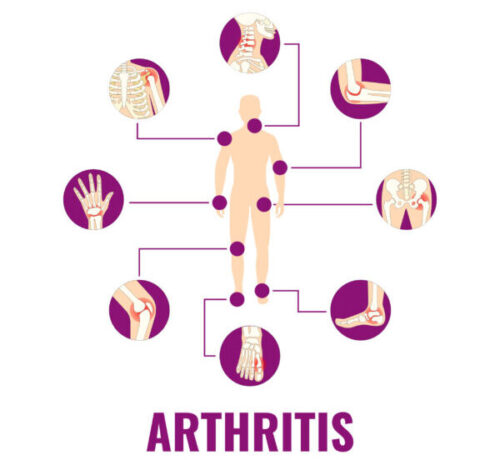
Here are 10 Essential Nutrients that are relevant to our topic “Sex, Nutrition &
Arthritis“🌞:
Cordyceps Militaris (Common Name: Caterpillar Fungus)

History: Known as the ‘Himalayan Viagra’, Cordyceps Militaris is a mushroom with a long history of use in traditional Asian healing practices, including sexual health enhancement and aiding issues such as arthritis.
Bioactive Ingredients: Contains cordycepin, polysaccharides, and other bioactive components.
Relevant Human Study: Studies have suggested cordyceps can help improve immunity, reduce inflammation, and increase blood flow, which can aid in reducing arthritis pain and promoting sexual health.
Role: It supports overall health by boosting immune function, reducing inflammation, and enhancing energy levels. This can be beneficial in managing arthritis and boosting sexual health.
Benefits: Immune enhancement, anti-inflammatory properties, improved blood flow, enhanced energy and libido.
Ashwagandha (Botanical Name: Withania somnifera)
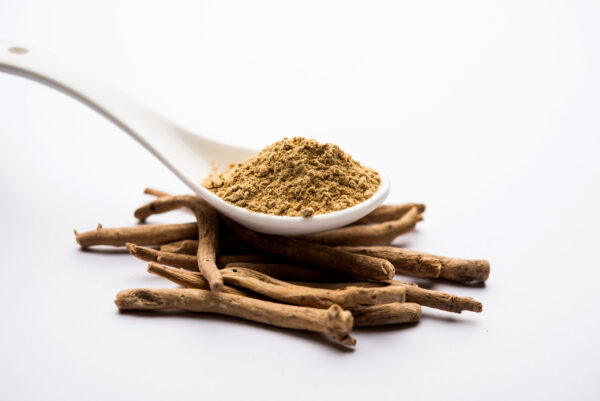
History: An ancient medicinal herb, Ashwagandha has a rich history of use in Ayurvedic medicine for a variety of health conditions, including inflammation and sexual dysfunction.
Bioactive Ingredients: Contains withanolides, a group of steroidal lactones that possess potent anti-inflammatory properties.
Relevant Human Study: Studies have shown Ashwagandha’s potential in reducing arthritis-related inflammation and stress, while enhancing libido and fertility in men.
Role: It helps in reducing inflammation, managing stress, improving mood, and enhancing sexual health.
Benefits: Stress reduction, inflammation control, mood improvement, enhanced sexual health.
Safed Musli (Botanical Name: Chlorophytum borivilianum)
History: Traditionally used in Ayurvedic medicine, Safed Musli is known for its aphrodisiac properties and its benefits for arthritis.
Bioactive Ingredients: Contains saponins, alkaloids, proteins, carbohydrates, and fibers.
Relevant Human Study: Studies indicate that it helps in reducing arthritis-associated inflammation and improving sexual health.
Role: It has anti-inflammatory properties which aid in reducing joint pain and swelling, while also promoting sexual well-being.
Benefits: Improved sexual health, anti-inflammatory properties, arthritis management.
Fenugreek (Botanical Name: Trigonella foenum-graecum)
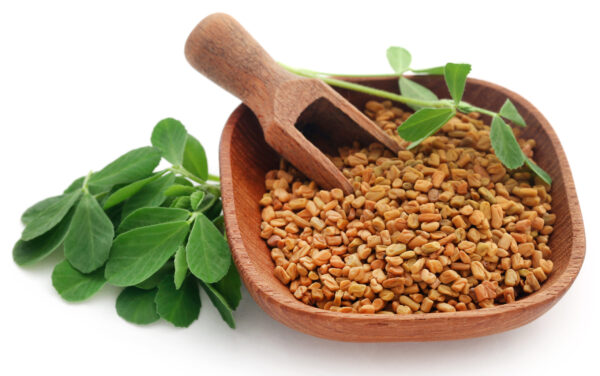
History: Fenugreek, an ancient herb, has been used traditionally for various medicinal purposes including inflammation and enhancing libido.
Bioactive Ingredients: Rich in compounds like diosgenin and saponins that have anti-inflammatory and libido-enhancing properties.
Relevant Human Study: Studies have shown fenugreek’s ability to reduce inflammation related to arthritis and improve sexual health.
Role: It aids in controlling inflammation, improving libido, and boosting overall health.
Benefits: Improved sexual health, anti-inflammatory properties, arthritis management.
Red Ginseng (Botanical Name: Panax ginseng)
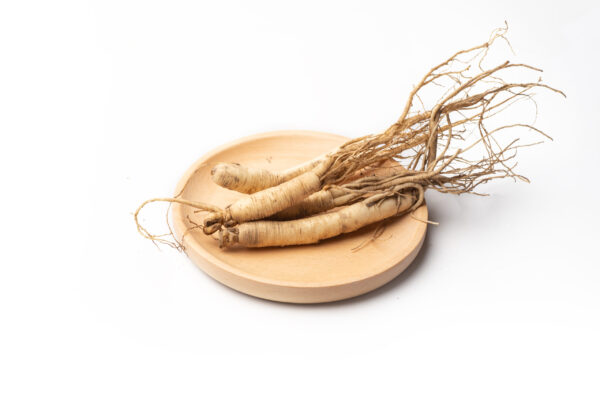
History: Red ginseng, a revered traditional medicine, has a long history of use for inflammation, immune support, and as an aphrodisiac.
Bioactive Ingredients: Contains ginsenosides, potent compounds with anti-inflammatory and immunostimulatory properties.
Relevant Human Study: Studies show red ginseng’s efficacy in reducing inflammation, enhancing libido, and providing arthritic relief.
Role: Red ginseng aids in reducing inflammation, boosting immune function, and enhancing sexual health.
Benefits: Improved libido, reduced inflammation, arthritis management, immune support.
Vitamin D

History: Known as the “sunshine vitamin,” Vitamin D has an essential role in bone health and calcium absorption, and also exhibits anti-inflammatory properties.
Bioactive Ingredient: Cholecalciferol (Vitamin D3).
Relevant Human Study: Studies show Vitamin D deficiency is associated with increased inflammation and decreased sexual function. Supplementation can alleviate these issues.
Role: Vitamin D is critical for bone health, reducing inflammation, and enhancing sexual health.
Benefits: Improved bone health, reduced inflammation, enhanced sexual function.
Vitamin C
History: Known for its immune-boosting properties, Vitamin C also has a role in collagen production, which can impact joint health and libido.
Bioactive Ingredient: Ascorbic acid.
Relevant Human Study: Studies have shown that Vitamin C can help reduce symptoms of arthritis and improve sexual health.
Role: Vitamin C aids in enhancing immunity, reducing inflammation, and promoting sexual health.
Benefits: Immune support, reduced inflammation, enhanced sexual function.
Calcium (Mineral)
History: Historically recognized for its role in bone health, calcium also supports muscle function, including those involved in sexual activity.
Bioactive Ingredient: Calcium.
Relevant Human Study: Several studies indicate that adequate calcium levels can help in managing arthritis symptoms and maintaining sexual health.
Role: Calcium is critical for bone health, muscle function, and may indirectly support sexual health.
Benefits: Improved bone health, reduced arthritis symptoms, and enhanced muscle function for a healthy sexual life.
Magnesium (Mineral)
History: Known for its role in over 300 biochemical reactions in the body, magnesium supports nerve function, inflammation control, and muscle health, including those related to sexual function.
Bioactive Ingredient: Magnesium.
Relevant Human Study: Research indicates magnesium’s role in controlling inflammation, managing arthritis symptoms, and promoting sexual health.
Role: Magnesium aids in controlling inflammation, nerve and muscle function, including those involved in sexual activity.
Benefits: Reduced inflammation, improved nerve and muscle function, enhanced sexual health.
L-Arginine (Amino Acid)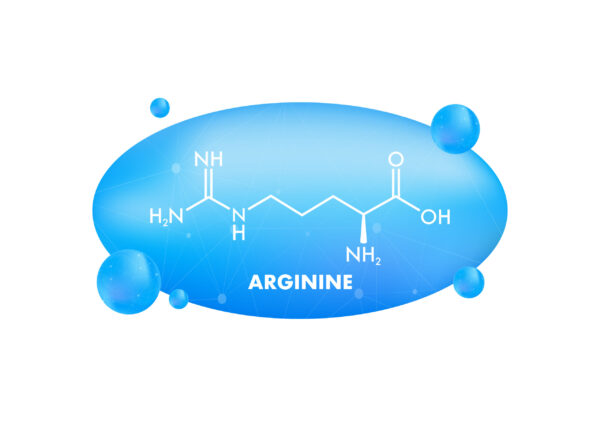
History: An essential amino acid, L-arginine, supports the production of nitric oxide, a compound that helps relax blood vessels and support circulation, crucial for sexual health.
Bioactive Ingredient: L-Arginine.
Relevant Human Study: Studies show L-arginine’s positive impact on circulation can enhance sexual health and manage inflammation related to arthritis.
Role: L-Arginine is critical for healthy circulation and can play a role in managing arthritis symptoms and supporting sexual health.
Benefits: Enhanced circulation, reduced arthritis symptoms, improved sexual health.
These nutrients, when consumed as part of a balanced diet or through supplementation, can support overall health and particularly help address the issues related to sex, nutrition, and arthritis. As always, individuals should consult with a healthcare professional before starting any new supplement regimen.
Conclusion🌞:
Sex, nutrition, and arthritis are closely intertwined aspects of our overall health. Certain essential nutrients can significantly influence these areas, promoting a healthier sexual life, better nutrition, and manageable arthritis symptoms. A well-balanced diet and lifestyle can create a harmonious triad amongst these three significant aspects of life.
Also Read: https://sambhogsutra.com/testosterone-impotence-nutritional-path-to-male-sexual-wellness/
Disclaimer🌞:
This article provides general information based on research till date and does not substitute professional medical advice. Each individual’s health needs are unique. Before making dietary changes or starting a new supplement regimen, consult with a healthcare professional. The efficacy of the mentioned nutrients can vary between individuals, and while these nutrients have shown potential benefits, they do not guarantee prevention or cure for any health conditions. Please also note that while the studies referenced provide supportive information, more research is needed to conclusively determine the effects of these nutrients on sex, nutrition, and arthritis.


